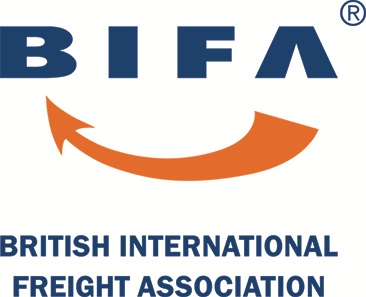New UK government shines spotlight on aviation22 August 2024
The new government came into power one month ago and it is encouraging that several initiatives have already been announced to support the aviation sector. Airfreight has a critical role to play in boosting economic growth, already contributing £230m of the £185bn logistics businesses add in value to the UK economy. Recent announcements are a welcome sign that the government is serious about supporting the sector, specifically by accelerating the transition to net zero aviation. The most significant development was the announcement of the Sustainable Aviation Fuel (SAF) Bill in the King’s Speech, which will be introduced to support sustainable aviation fuel production. Logistics UK pressed the previous government continually on the need for policies which allow industry to make long-term plans which is why the SAF Bill is welcomed, as it should provide revenue certainty to encourage investment in the construction of SAF plants across the UK. SAF is one of the key ways to decarbonise aviation but it is also estimated that SAF production could add over £1.8bn to the economy and support over 10,000 jobs nationwide. The government has also announced it will mandate the use of SAF starting in 2025 with a requirement that SAF contributes 2% of total UK jet fuel supplied. The mandate will increase on a linear basis to 10% in 2030 and then to 22% in 2040. From 2040, the obligation will remain at 22% until there is greater certainty regarding SAF supply. The mandate will also include a buy-out mechanism for both the main and power-to -liquid obligations to incentivise supply, while protecting consumers where suppliers are unable to secure a supply of SAF. These will be set at £4.70 and £5.00 per litre of fuel, respectively. Transport Scotland’s Aviation Statement, published in July, made increasing Sustainable Aviation Fuel (SAF) production and use a priority for Scotland. The country has the potential to be a trailblazer in SAF production which would enable faster decarbonisation of aviation across the whole of the UK, which is why Logistics UK would support a more ambitious deadline than the 2030s for agreeing options and is pressing Transport Scotland to strive for greater urgency on its adoption across the sector. Alongside a focus on SAF (which has the potential to accelerate decarbonisation immediately) it was also encouraging to see the Department for Business and Trade (DBT) announce additional financial support of over £100m to develop leading-edge green aerospace projects. The funding will be delivered through Aerospace Technology Institute Programme and help develop groundbreaking tech, including zero emission hydrogen flight and sustainable propulsion systems. The aviation sector is notoriously hard to decarbonise so any investment in innovative technology will help reduce the amount of carbon offsetting, as well as carbon capture and storage that is expected to be required to meet the 2050 target. Coupled with the UK government’s commitment to SAF through the SAF (Revenue Support Mechanism) Bill, this investment into innovation for aerospace is a clear sign that the new government is serious about accelerating the transition to net zero aviation. However, there is still more the government can do to support aviation as a driver of trade, and Logistics UK continues to lobby for a commitment to remove legacy barriers to airfreight and its expansion at UK airports. This would include delivering a rescreening exemption for transiting air cargo that has been securely trucked, permit airside transhipments and enable co-loading and co-unloading. By: Alexandra Herdman |
|
   |
.jpg)